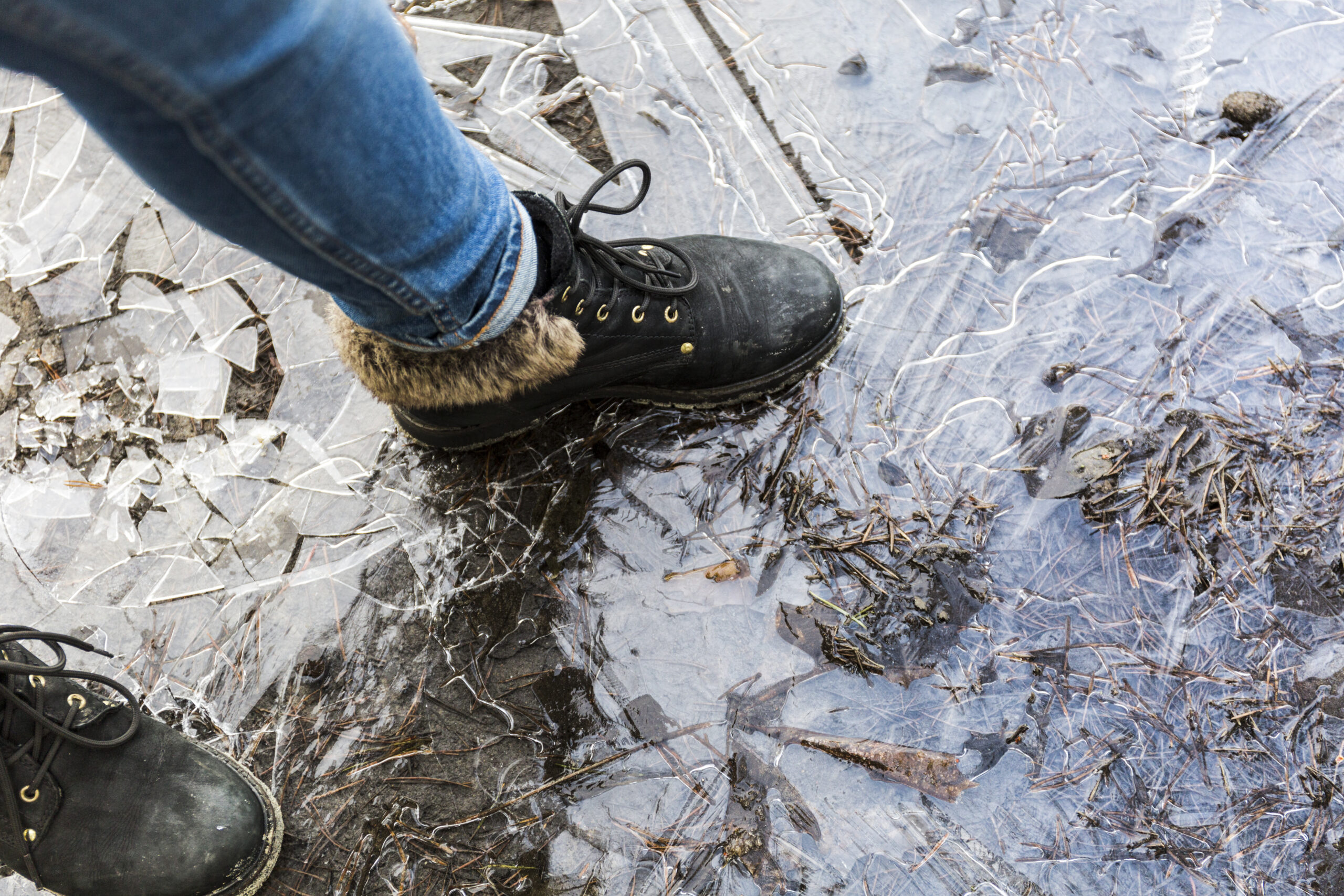 A slip and fall is a serious type of personal injury accident. In legal terms, slip-and-fall accidents encompass a wide variety of situations where people are injured because they slip, trip, stumble or fall while on the property of another person.
A slip and fall is a serious type of personal injury accident. In legal terms, slip-and-fall accidents encompass a wide variety of situations where people are injured because they slip, trip, stumble or fall while on the property of another person.
Some common causes of slip-and-falls include:
- Liquid spills — When water or other liquids are spilled on a floor, the owner of the property has a duty to clean up the spill in a timely manner to prevent visitors from being injured as a result of slipping on the liquid-covered floor. Hundreds of slip-and-fall accidents occur every year due to wet floors and walkways in New York City.
- Cluttered aisles — Shop owners frequently need to stock aisles as merchandise is delivered. When this is done during business hours, customers could end up tripping on boxes or loose merchandise and equipment left unattended in the aisles. Some stores in New York and New Jersey also try to cram too much merchandise into small spaces, making walkways difficult to navigate safely.
- Falling merchandise — When merchandise is improperly stacked on shelves, there is a risk that it will fall or that a customer will get hurt trying to get something down.
- Uneven surfaces — Improperly marked steps and uneven levels in walkways or sidewalks can cause pedestrians to trip, stumble and fall.
- Ice-covered sidewalks — During the winter months in New York and New Jersey, ice and snow-covered sidewalks and walkways can become a serious hazard. A victim can easily slip and fall when proper steps are not taken to clear these areas within a reasonable time after a winter storm.
- Dark stairways/walkways — A business and other property owners should keep all public areas well lit. When a visitor or customer trips or slips because of insufficient lighting conditions, the property owner could be held responsible for any ensuing injuries.
- Construction defects/repairs — This covers a wide range of possible conditions; however, broken or loose steps or railings on stairways are common examples of a construction defect that often causes serious injuries to visitors to the property.
- Elevator/escalator injuries — Improperly maintained elevators or escalators can malfunction and cause a passenger to trip or fall. In addition, spills that are not cleaned up can make an escalator slippery, adding to the chance of an accident.
Who Is Responsible for Injuries in a NY/NJ Slip-and-Fall Accident?
Slip-and-fall accidents are covered under an area of law called “premises liability.” Slip-and-fall accidents are among the most common types of premises liability lawsuits. Premises liability law addresses injuries that occur to someone when they are on someone else’s property.
Property owners and occupiers of property, such as a business that leases retail space, could be held liable under certain circumstances for injuries sustained by someone while on their property. The law looks at a variety of factors when determining liability in a premises liability case.
One key factor is the duty the party in control of the premises had to repair or prevent the hazard that caused the accident.
In general, a property owner or occupier could be liable for injuries suffered in slip-and-fall accidents if any one of the following is true:
- The defendant directly caused the hazardous condition. For example, if a store owner spilled liquid on the store floor and failed to clean it up.
- The owner knew about the hazardous condition but failed to do anything about it. For example, if merchandise spilled into an aisle and the store owner was notified of the clutter but failed to clean it up, he or she could be held liable for any ensuing injuries.
- The owner should have known about the hazard because a reasonable person taking care of the property would have inspected, discovered and corrected the dangerous condition. An ice-covered sidewalk, for example, that remained ice covered three days after a storm could be an example of this scenario.
